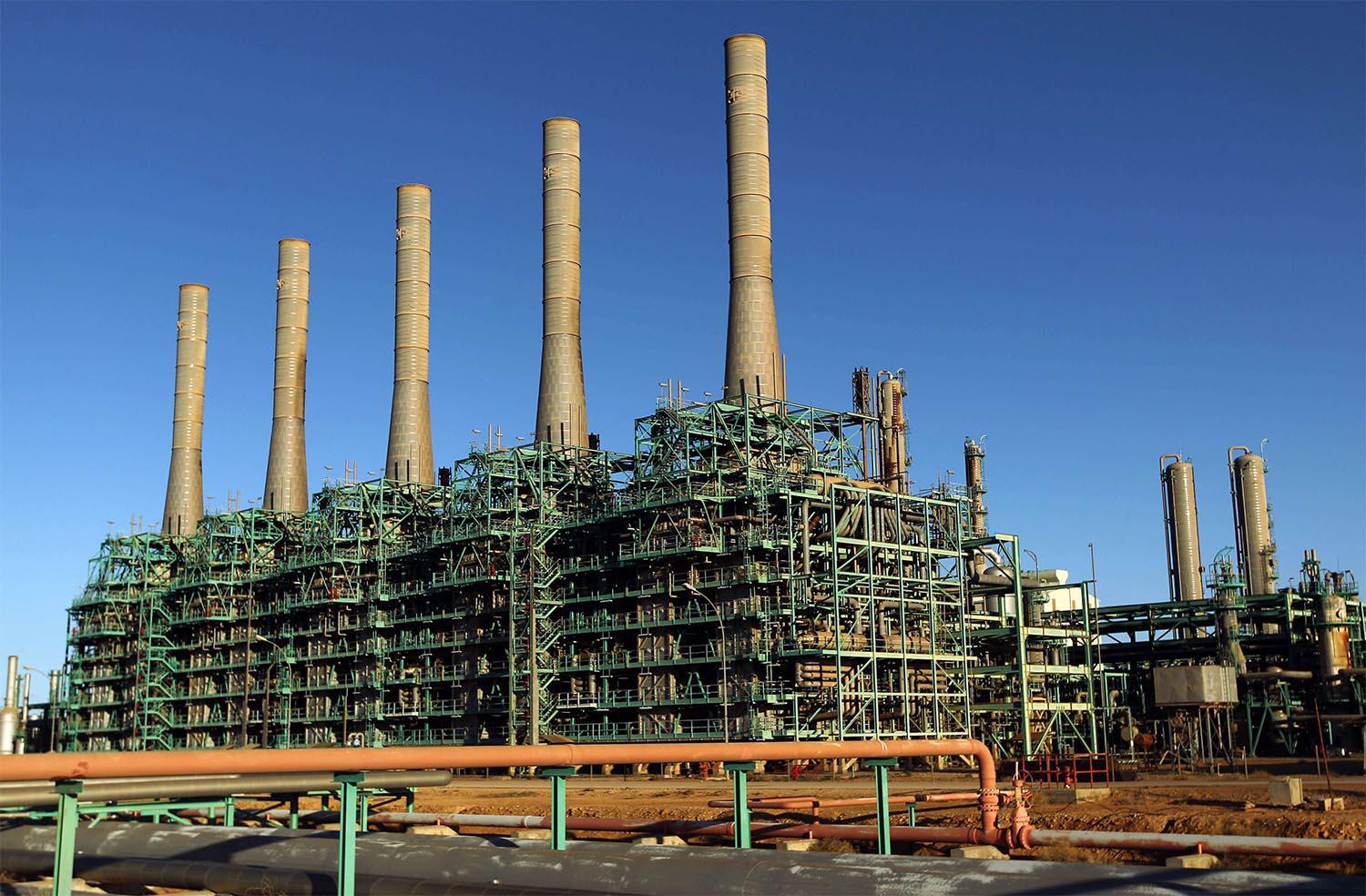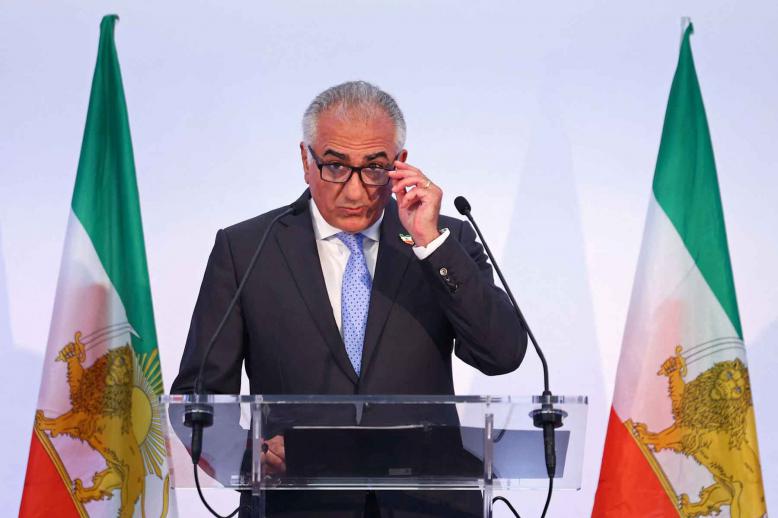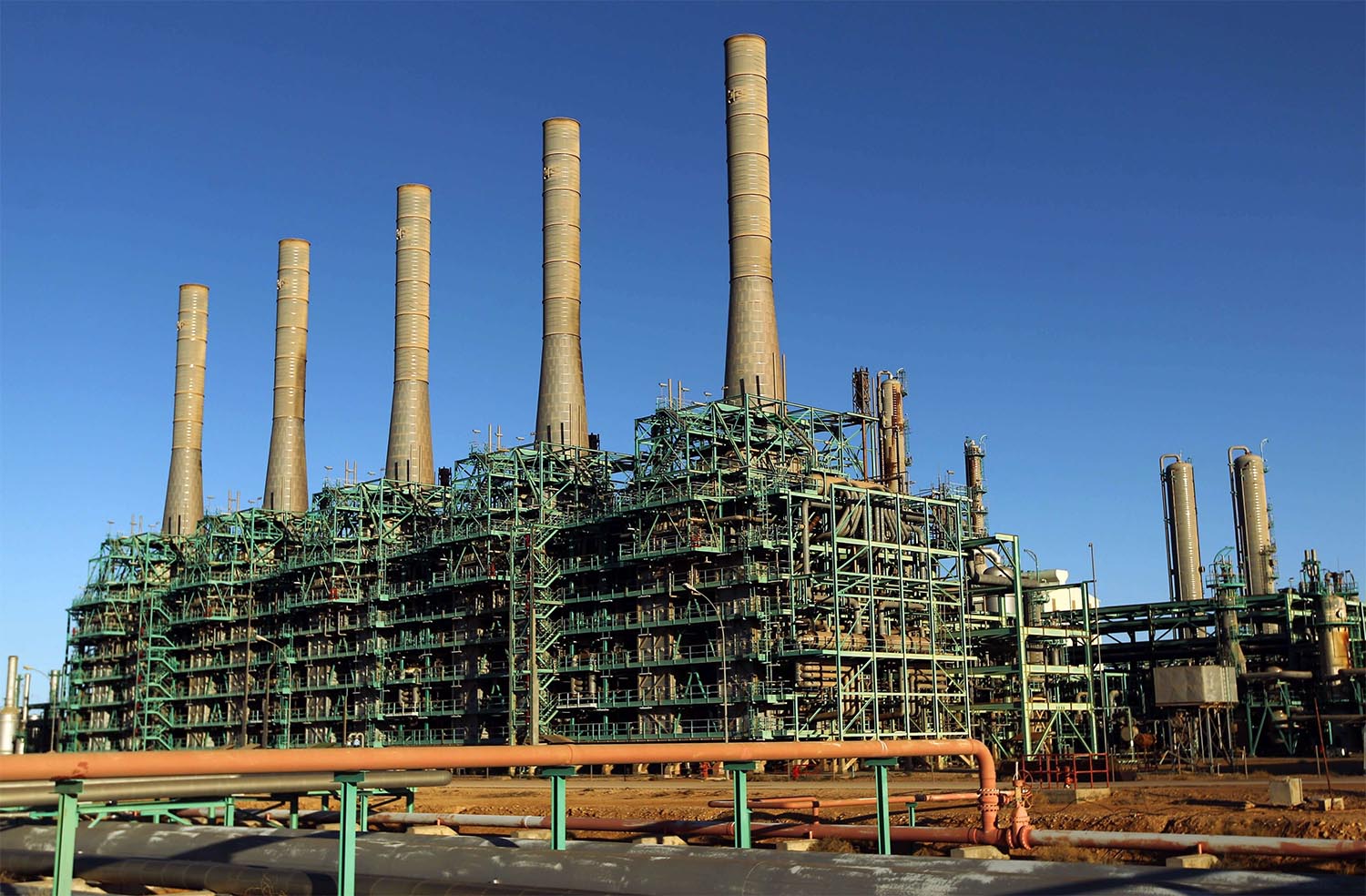UN presses for resumption of oil exports in Libya
GENEVA - The United Nations expects eastern Libyan tribal leaders to submit their list of conditions to reopen blocked oil terminals, United Nations envoy Ghassan Salame said on Thursday, pressing for a resumption of oil exports.
Salame also told reporters in Geneva that indirect UN-led talks between five military officers from the Libyan National Army and five from forces aligned with the internationally recognised government in Tripoli had made some progress.
The talks are aimed at turning a shaky truce into a permanent ceasefire. The two sides are fighting for the capital.
"... We have before us significant number of points of convergence," Salame said, without giving specifics.
Fighting has continued on the ground despite a call for a truce by Russia and Turkey starting on January 12 and the international summit on Libya in Berlin on Jan. 19 aimed at reducing international interference.
Libya's oil production had dropped sharply since groups loyal to eastern-based commander Khalifa Haftar began a blockade on January 18, closing ports and fields in the east and south.
Salame told reporters he had spoken to tribal leaders behind the closure on Wednesday and asked them to specify their demands by Thursday. By Thursday night, there was still no word.
"(I) repeated my call to them that this is not healthy situation where all Libyans are not helped by the stoppage of exports," he said. "The (UN Libya) mission wants the oil to flow as soon as possible."
Libya's oil production had dropped to 204,000 barrels per day (bpd) by Monday due to the blockade, a source from the National Oil Corporation (NOC) said.
The NOC says output will eventually fall to 72,000 bpd if the stoppage continues, from about 1.2 million bpd previously.
Haftar has had material support from countries including the United Arab Emirates, Egypt, Jordan, and Russia, UN experts and diplomats say, while the GNA is backed militarily by Turkey.
Haftar’s offensive, which upended a previous UN peace plan, deepened the gulf between loose alliances that have competed for power from western and eastern Libya since 2014.
The conflict that developed in Libya in the years since Muammar Gaddafi was toppled in 2011 has given space to militants and migrant smugglers and crippled Libya’s oil reliant economy.






